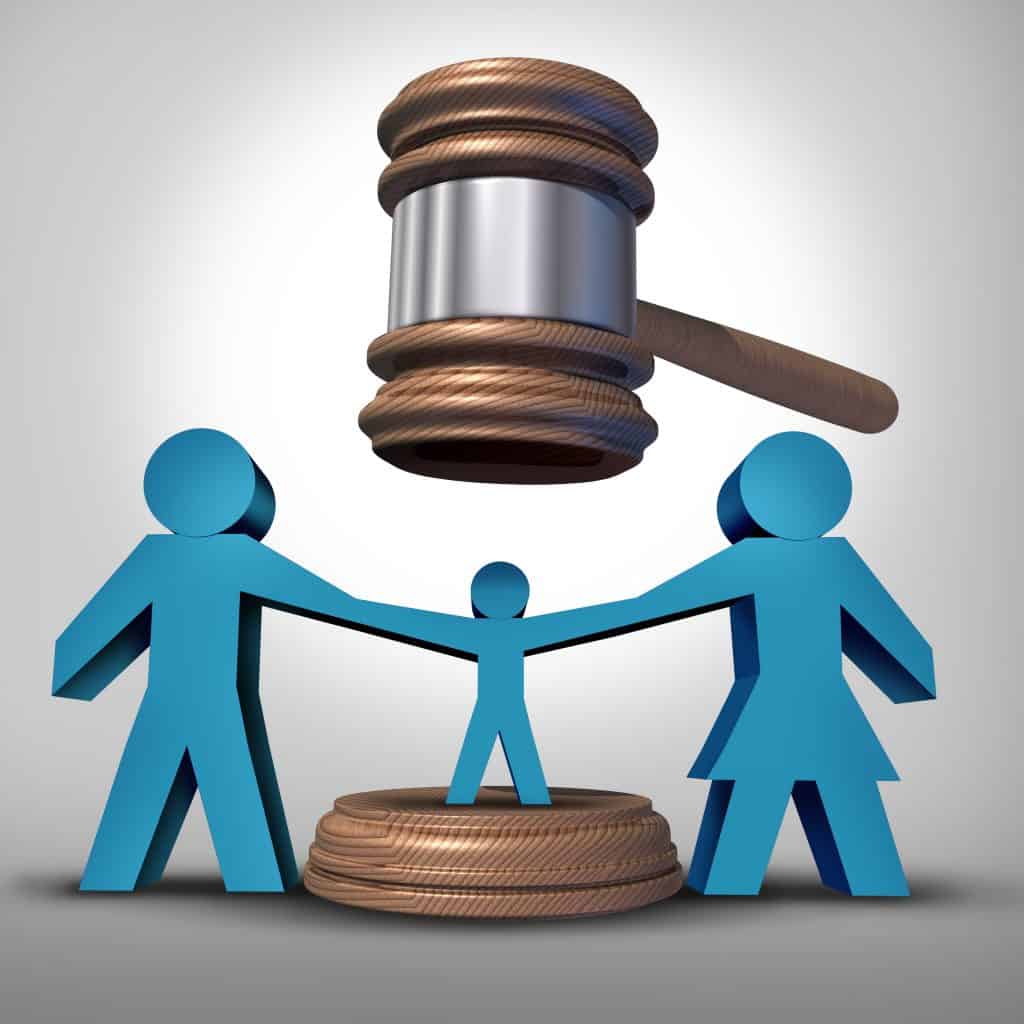Understanding a Child’s Legal Rights
Children, like adults, possess specific rights designed to safeguard their well-being, ensure their safety, and support their development. These rights are embedded in various international and national laws and conventions. Let’s delve into some of the fundamental legal rights every child is entitled to.
First and foremost is the right to protection. Children must be shielded from all forms of abuse, neglect, exploitation, and violence, which includes physical, emotional, and sexual abuse. This protection is paramount for their safety and mental health.
Another critical right is the right to education. Every child should have access to education, which not only facilitates learning but also promotes social and personal development. Education is a key component in breaking the cycle of poverty and building a foundation for future opportunities.
The right to health ensures that children have access to the highest attainable standard of health and healthcare services. This encompasses preventive and curative health services, vaccinations, and medical care necessary for their physical and mental well-being.
Children also hold the right to participation, which means they have the ability to express their views freely on matters affecting them. Their opinions should be considered according to their age and maturity, recognizing their evolving capacities and need for involvement in decisions about their lives.
Moreover, the right to family life underscores that children should live with their parents unless it is contrary to their best interests. They have the right to maintain personal relations and direct contact with both parents if separated from one or both.
Privacy is another critical aspect covered under the right to privacy. This right mandates respect for children’s privacy and protection of their personal information. It helps foster a sense of security and autonomy as they grow.
Finally, children have the right to play and leisure. Engaging in play and recreational activities appropriate for their age is crucial for their physical, social, and cognitive development. It allows them to explore, learn, and interact with their peers in a natural setting.
These rights are often derived from international instruments like the United Nations Convention on the Rights of the Child (UNCRC), which has been ratified by most countries globally, underscoring a commitment to upholding the best interests of children everywhere.
The Role of MIAMS Mediation in Child-Related Disputes
Mediation West Bromwich is a voluntary process where a neutral third party aids disputing parties in reaching a mutually acceptable agreement. In child-related disputes, mediation can play a particularly beneficial role.
One of the primary benefits of mediation is its focus on the child’s best interests. Mediation encourages parents or guardians to prioritize the child’s needs and well-being, fostering decisions that serve the child’s best interests rather than the conflicting interests of the adults involved.
The mediation process with MIAMS West Bromwich is confidential and less adversarial compared to court proceedings. This characteristic can reduce stress and conflict, creating a less intimidating environment for all parties, including the child. This confidentiality also helps in maintaining family privacy and avoiding the adversarial nature of courtroom battles.
Mediation West Bromwich also empowers children by allowing them to participate in the process, depending on their age and maturity. This involvement can provide them with a sense of agency and ensure their views are heard and considered in decisions that affect their lives.
Additionally, mediation West Bromwich offers flexibility and creativity. The process allows for solutions tailored to the family’s unique situation, unlike the rigid mandates that may come from court rulings. This flexibility can lead to more practical and personalized resolutions.
Furthermore, West Bromwich mediation can enhance communication between parents or guardians, promoting cooperation and reducing the likelihood of future conflicts. By improving dialogue, mediation helps build a foundation for better co-parenting relationships post-dispute.
Finally, MIAMS mediation West Bromwich provides a timely resolution compared to the lengthy litigation process. This timeliness is crucial in maintaining stability in a child’s life, reducing the period of uncertainty and disruption that prolonged legal battles can cause.

